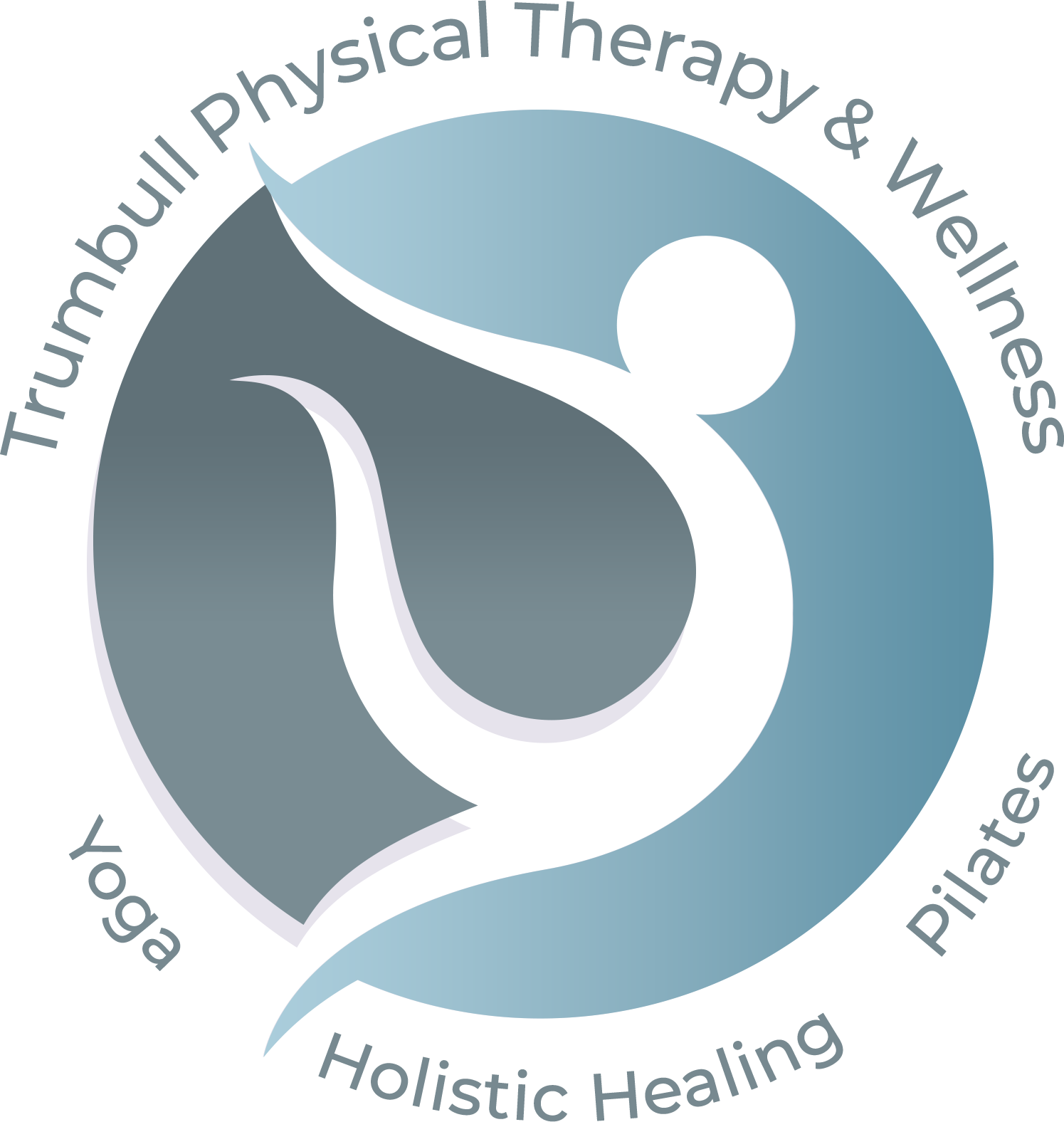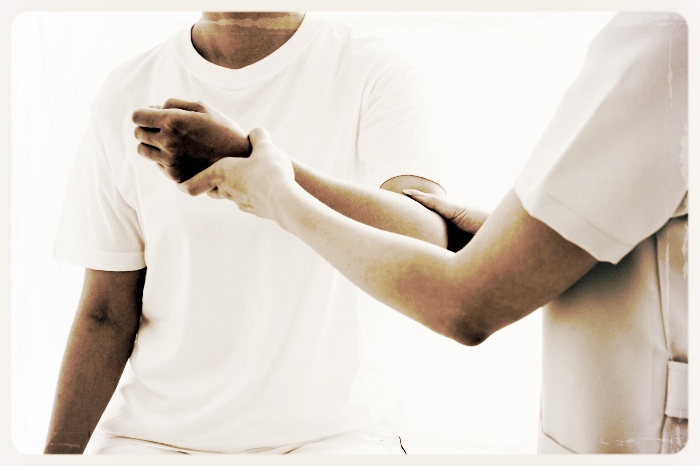Discover Your Pathway to Wellness with Better Balance
Anne Wolf, MSPT
What is Vestibular and Balance Therapy?
Vestibular Therapy for Vertigo/Dizziness A comprehensive assessment of your entire vestibular system will differentiate between damage to the inner ear, brain (including migraines), structures in the neck, and rule out dizziness from any other source in the body. Therapy will depend on the source of your dizziness and will vary from manual treatment, exercise, vestibular therapy, oculomotor training, balance training, BPPV (crystal) repositioning, and habituation.
Discover your path to recovery with a combination of traditional and alternative techniques to ensure lasting results.
What makes our practice unique:
Certified Vestibular Therapists with greater than 25 years experience
Certified in evaluation and treatment of Cervicogenic dizziness
Certified BPPV assessment to determine the exact location of dysfunction
Evidence Based Concussion Management
Integration of manual therapy such as craniosacral therapy to promote recovery
When all efforts for successful balance recovery have been exhausted, an Evaluation for daily use of a Balanced Based Torso Weighted vest may be offered by one of the few therapists trained to perform these Evaluations in New England
Indications:
BPPV
Vestibular Labyrinthitis
Vestibular Neuritis
Cervicogenic Dizziness
Meniere’s Disease
Acoustic Neuroma
Central Vestibular Dysfunction
Vestibular Concussion
Persistent Postural Perceptual Dizziness
Migrainous Vertigo
Vestibular decline due to aging
Description of Services
Vestibular Therapy for Vertigo/Dizziness A comprehensive assessment of your entire vestibular system will differentiate between damage to the inner ear, brain (including migraines), structures in the neck, and rule out dizziness from any other source in the body. Therapy will depend on the source of your dizziness and will vary from manual treatment, exercise, vestibular therapy, oculomotor training, balance training, BPPV (crystal) repositioning, and habituation.
Concussion A complex injury to the brain, with varying degrees of injury and symptoms. Less severe concussions may recover in a couple weeks with the right management, however, multiple concussions can take months or longer. It is important that the physical therapy assessment include evaluation of several systems in the body, including: the brain, the inner ear (which can be concussed as well as the brain), oculomotor function (which can contribute to headaches and difficulty reading), and the neck (which can perpetuate dizziness, headaches and pain). Therapy will vary from manual treatment (including craniosacral therapy) to oculomotor training, vestibular/balance therapy, and return to play exercise with cardiovascular progression.
Balance Impairment Requires a thorough evaluation, including: sensation, strength, vision, vestibular inner ear function, and the brain. Once the source of the balance problem is determined, therapy focuses on improving each system involved for maximum safety and stability.
Balancewear Vest Assessment A Balancewear vest assessment may be considered based on the balance impairment assessment. Using a weighted vest has been proven beneficial in normalizing gait stability. See www.motiontherapeutics.com website for more information.
Testimonials. . .
“I haven’t fallen since I have been wearing my vest. A few people have mentioned that my voice isn’t as shaky with it on and I notice that my body no longer shakes when I am up close talking with someone. I am really seeing the benefits of wearing the vest when I am in physical therapy. Some of the things I can do with it are unbelievable.”
“I feel more stable wearing the vest while doing all of my activities throughout the day. I feel more comfortable standing and walking and noticed that my right hand seems to shake and tremor less. It definitely helps me feel better.”
“I first came to Anne after pulling a muscle in my back. After talking about my back and neck problems, and recurring migraines, we decided it would be a good idea to work on a regular basis. My back recovered quickly, but I knew the holiday season would be a very stressful time and historically littered with migraines. I am now on the other side of the holidays and can happily report that I didn’t have a single migraine. It was just shy of a miracle, as anyone who gets migraines knows just how debilitating they can be. I love that Anne brings an incredible wealth of knowledge to the appointments and is regularly telling me how I can improve myself without using drugs. She has a holistic mindset and a medical background. I love her kind, gentle approach and am continuing to see her monthly for Craniosacral Therapy.”

